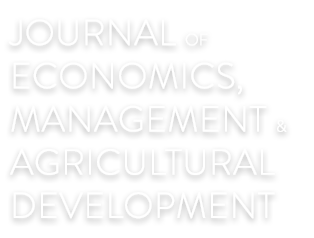Authors
ABSTRACT
This study assesses the educational distribution in rural and urban areas––both at national and provincial levels––by employing the education Gini coefficient and decomposition analyses. The findings of the study reveal that rural and urban educational inequalities are generally improving over time as shown by the education Gini estimates for rural and urban areas. Decomposition analyses show that, at the national level, the rural-urban education inequality gap or Rural-Urban Gap is the main contributor to education inequality; in contrast, at the provincial level, the main contributor is the inequality within rural areas. This implies that educational provision should be enhanced in rural areas. The paper pays particular attention to the province of Tawi-Tawi which is the only province that experienced an increase in both rural and urban educational inequalities. Accounting for sex subgroups, modified decomposition analysis is able to ascertain that such observation is due to the dismal educational distribution of its rural population. On the other hand, the negative inequality growth contributions of its urban population could be viewed as a possible evidence of labor migration.

